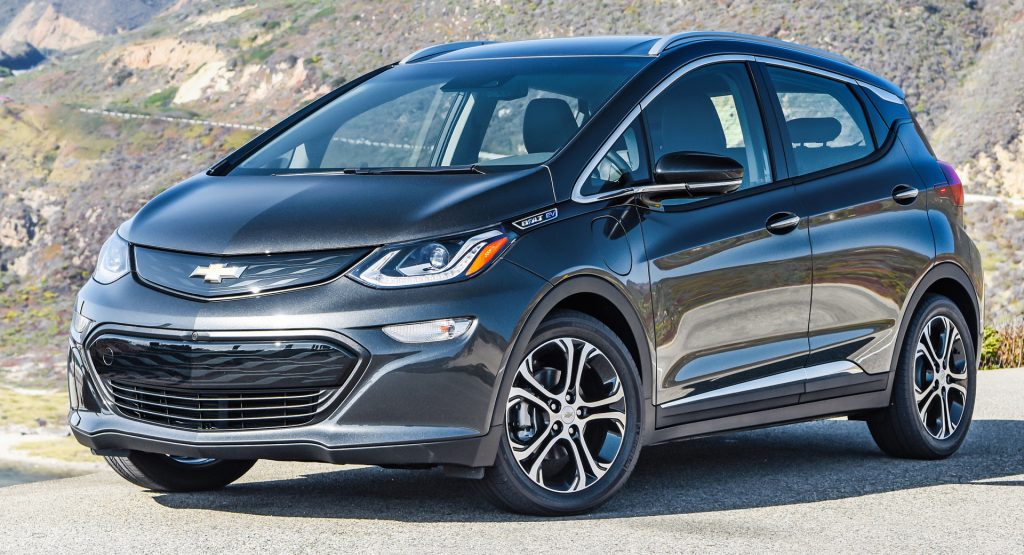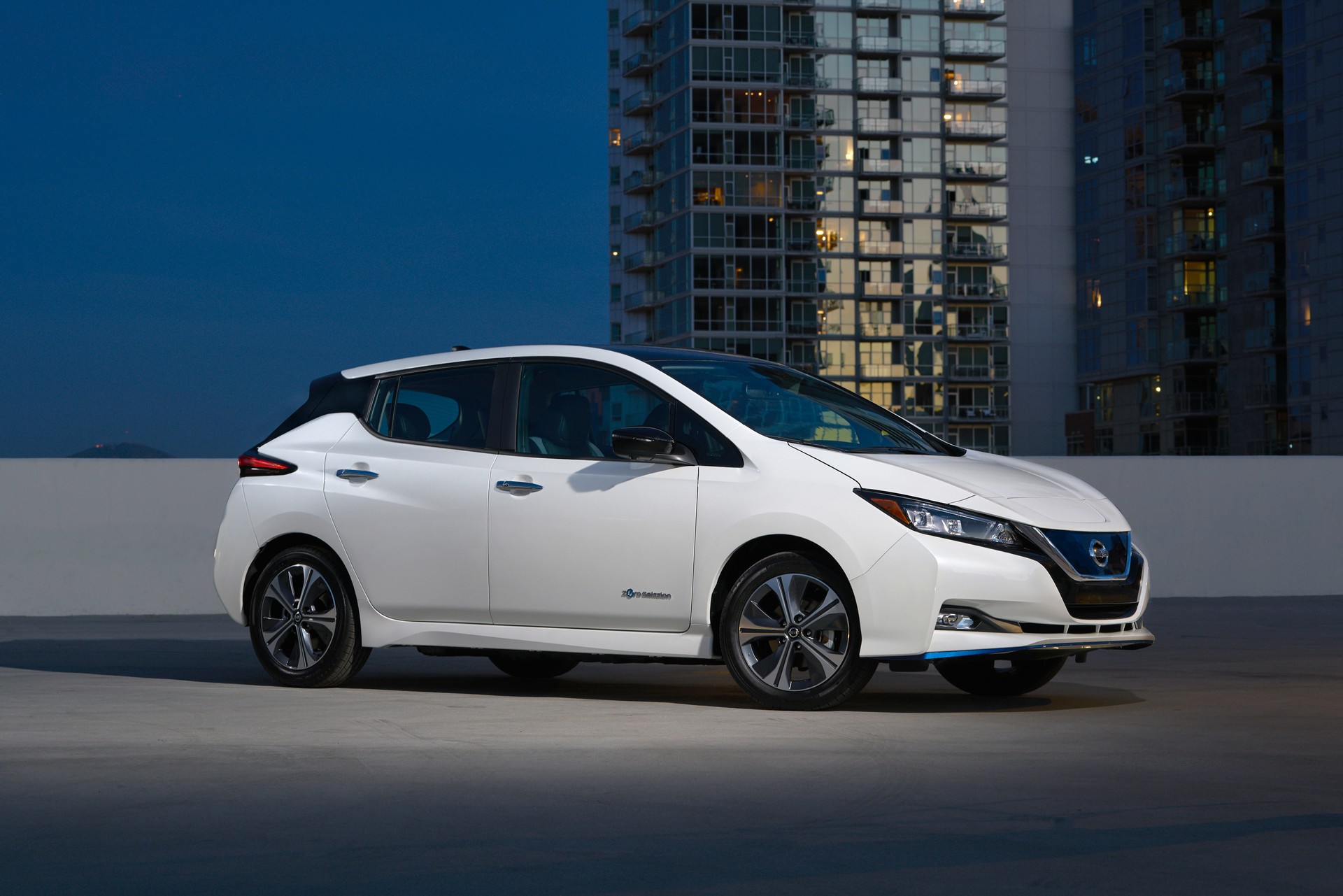President Donald Trump has unveiled his 2020 budget which calls for the elimination of the $7,500 federal tax credit for electric vehicles.
Billed as “A Budget for a Better America,” the 2020 budget contains nearly $2.7 (£2 / €2.4) trillion in savings according to Office of Management and Budget acting director Russell Vought. Vought said these cuts are necessary as the national debt has surpassed $22 (£16.7 / €19.5) trillion and interest payments on that debt are projected to exceed military spending by 2024.
While Vought didn’t go into too many specifics during today’s press conference, he said the administration has “identified a number of wasteful, inefficient programs.” One of them seems to be the electric vehicle tax credit which some politicians have criticized as a reward for the wealthy.
While that might have been the case with early Tesla buyers, the tax credit is important for a number of mainstream automakers. In the case of the Nissan Leaf Plus, the tax credit drops the price of the $36,550 electric vehicle to $29,050. This puts the model within reach of a number of consumers who wouldn’t otherwise be able to afford it.
The tax credit has been popular with consumers and Reuters noted a congressional report said 57,066 people claimed the credit in 2016. However, this came at a cost of $375 (£283 / €332) million. Given the increasing number of electric vehicle sales, estimates pegged the cost of the program at $7.5 (£5.6 / €6.6) billion between 2018 and 2022.
While the Trump administration wants to eliminate the tax credit, the budget faces in an uphill battle in Congress. As a result, it remains unclear if the tax credit will survive.






